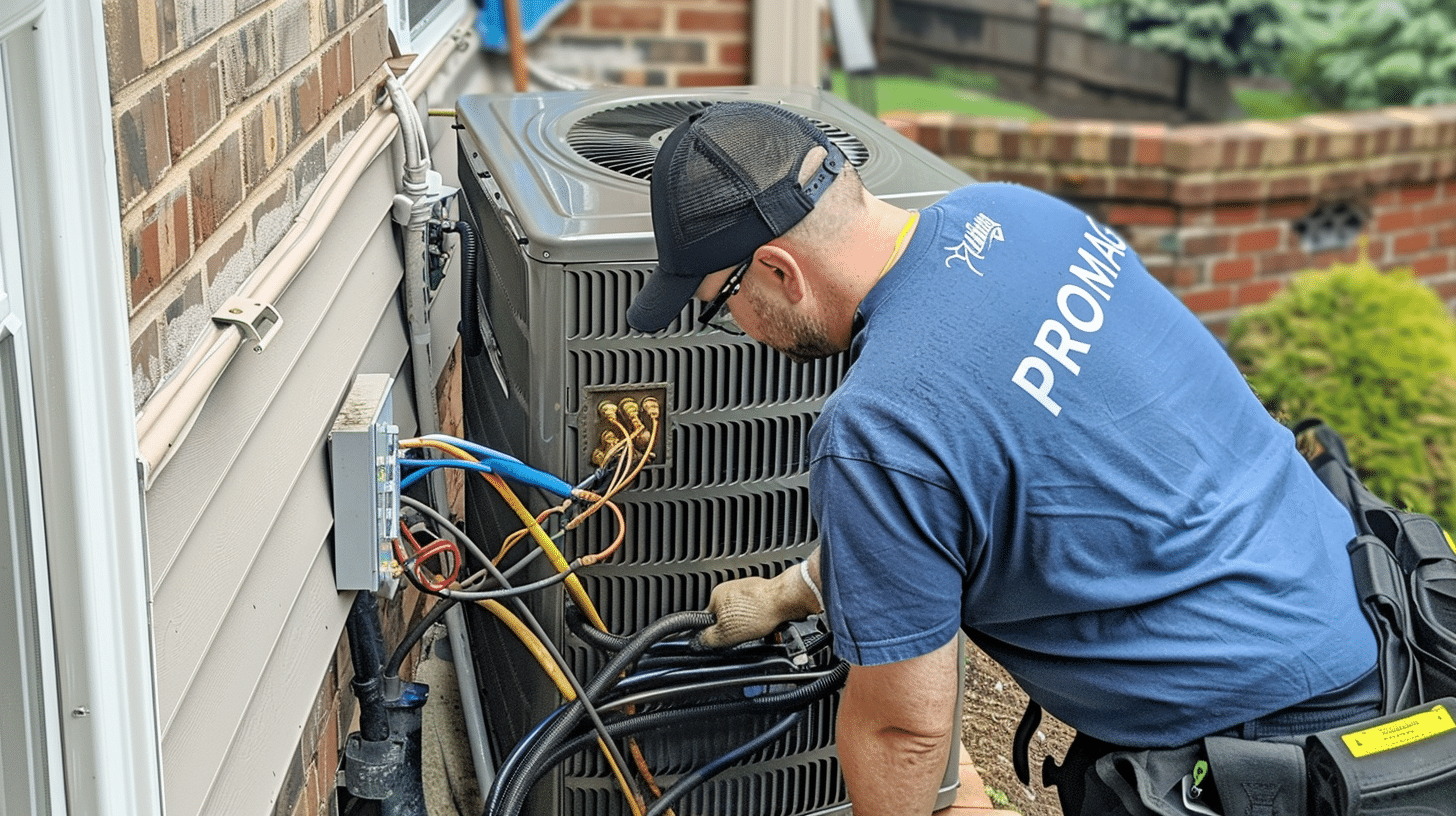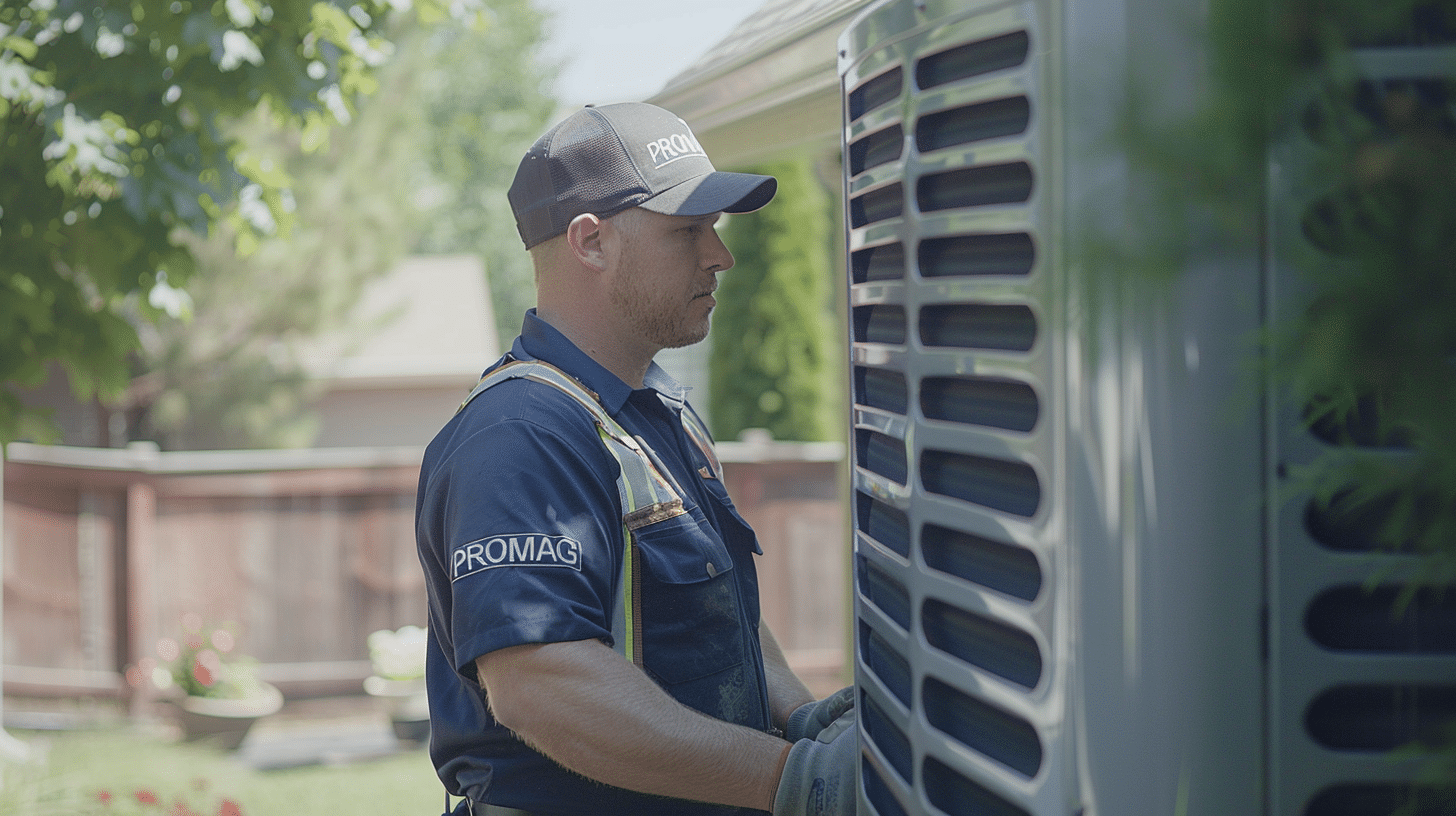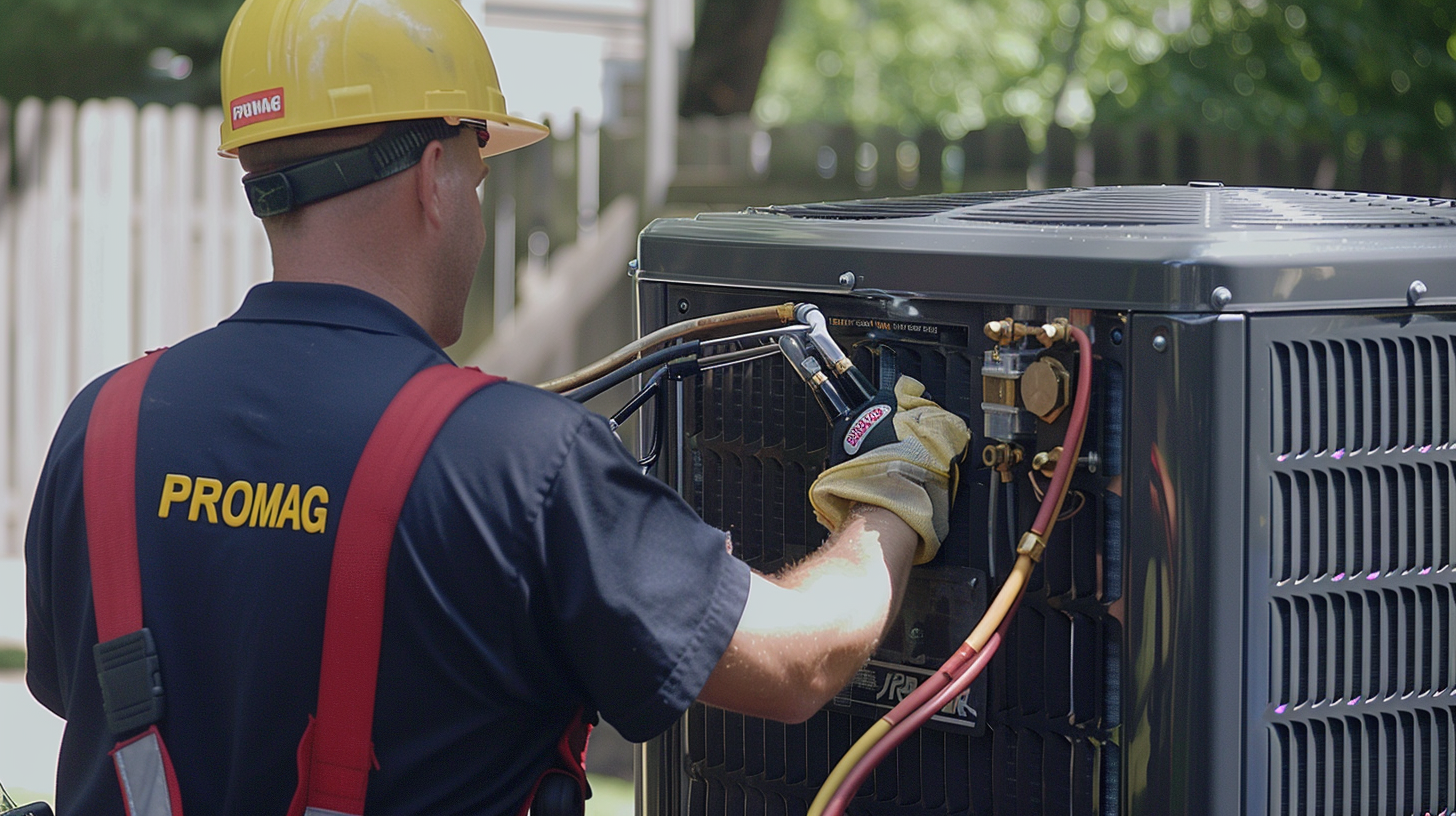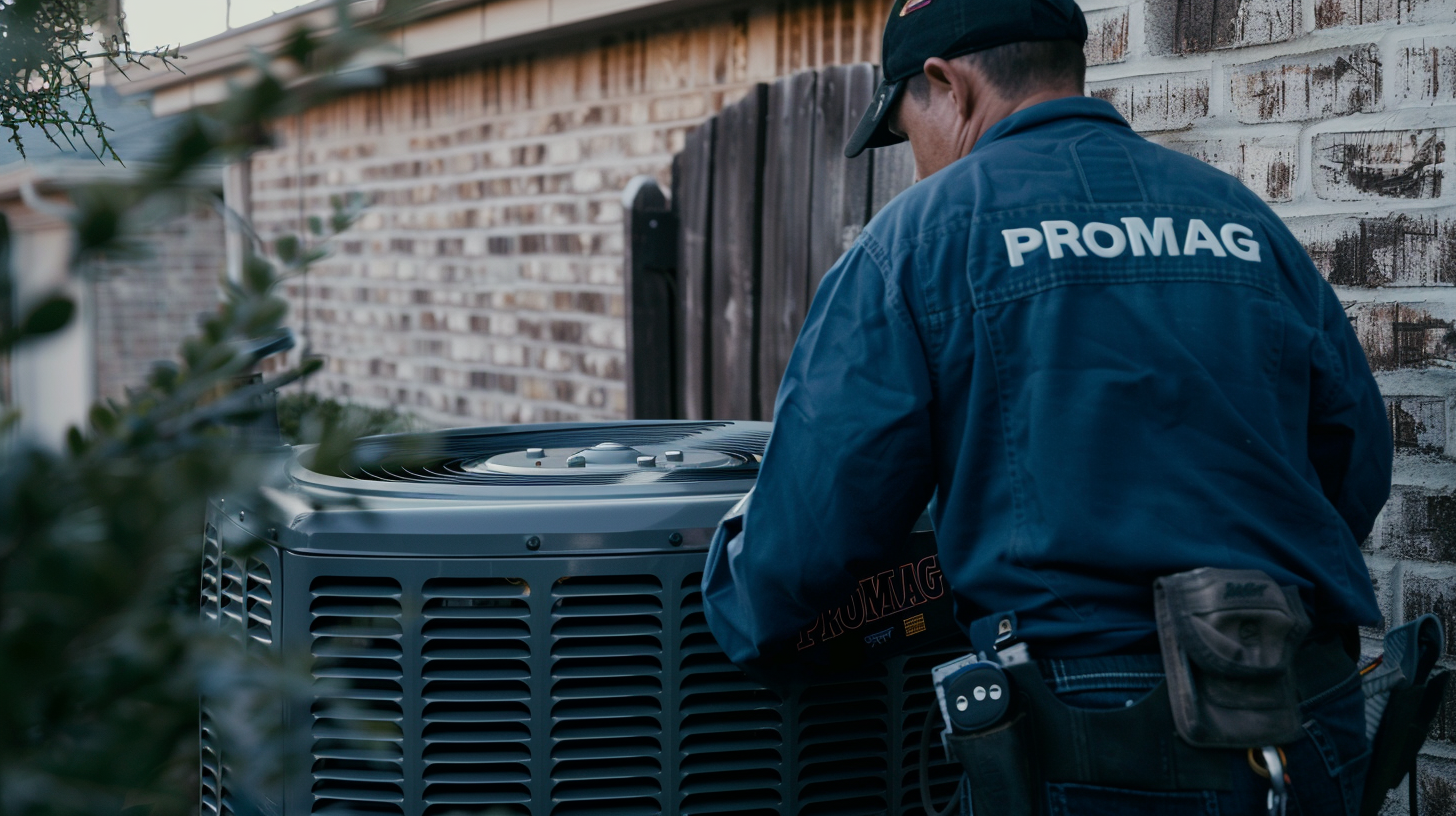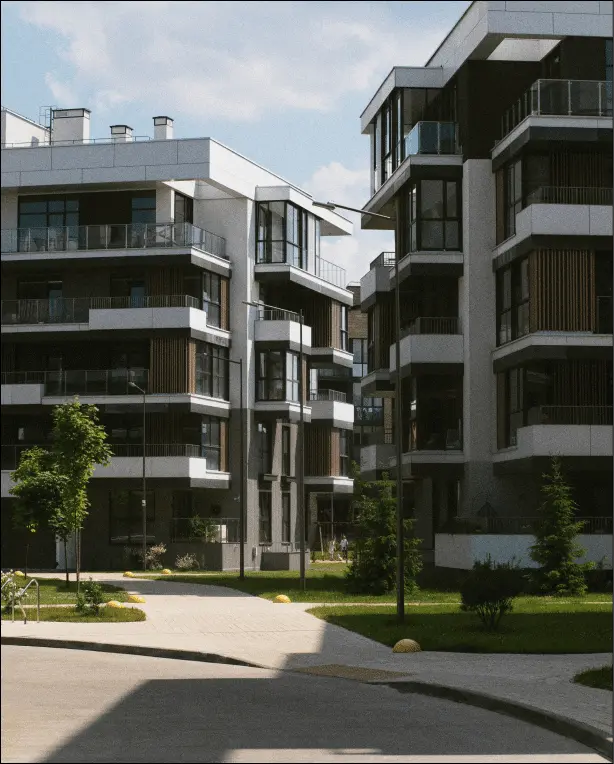AC Replacement Cost in Orlando, Fort Pierce & Treasure Coast
AC replacement involves the installation of a new air conditioning unit to replace an old or malfunctioning one. Understanding the factors affecting replacement costs and exploring average costs in specific regions like Orlando, Fort Pierce, and the Treasure Coast is crucial for homeowners considering this investment.
Cost to Replace an AC unit in Orlando
Replacing your AC unit in Orlando, Florida, is an investment in your comfort, especially during those scorching summers. The cost varies depending on several factors, including the size of your home, the unit’s SEER rating (energy efficiency), the brand and model, and the complexity of installation. For a 1500 sq ft house, you can expect to pay anywhere from $9,140 to $14,600 or more for the unit itself, plus an additional $1,100 to $4,000 for installation.
The most expensive part to replace on an AC unit
The compressor is typically the most expensive part to replace on an AC unit. It’s the heart of the system, responsible for circulating refrigerant and cooling the air. Replacing a compressor, including labor and parts, can cost anywhere from $1,600 to $4,900.
At ProMag Energy Group AC & Heating, we understand that replacing an AC unit is a significant decision. Our team of experts can help you choose the right system for your home and budget, ensuring you get the best value for your investment. Contact us today for a free consultation and let us help you stay cool and comfortable all year round.
Average AC Replacement Cost in Orlando, FL:
In Orlando, FL, the average cost of AC replacement typically ranges from $8,530 to $20,500. Factors like home size, AC system type, and any additional modifications needed influence this price variation. Recent data reveals that the median cost for AC replacement in Orlando falls around $8,500 to $13,000. These figures are in line with national averages, indicating consistent pricing practices in the region. For homeowners, it’s wise to seek multiple quotes from reputable HVAC companies to ensure fair pricing and quality service. Exploring financing options and energy-efficient upgrades can also help mitigate some of the replacement costs, leading to potential long-term savings on energy bills.
Average AC Replacement Cost in Fort Pierce, FL:
In Fort Pierce, FL, the average cost of AC replacement typically falls between $8,120 and $18,500. This cost can vary depending on factors such as the size of the home, type of AC system, and any additional modifications required. Recent data suggests that the median cost for AC replacement in Fort Pierce is around $10,500. Compared to national averages, Fort Pierce’s replacement costs are generally in line with standard pricing practices. Homeowners should seek estimates from reputable HVAC companies to ensure they receive accurate pricing tailored to their specific needs. Exploring financing options and investing in energy-efficient upgrades may also help offset some of the replacement costs and provide long-term savings on energy bills.
Average AC Replacement Cost on the Treasure Coast:
Additional Costs to Consider for AC Replacement:
When planning for AC replacement, it’s important to consider additional costs beyond just the price of the new unit. These extra expenses can significantly impact the overall budget. Here are some factors to consider:
- Labor Costs: On average, labor costs can range from $500 to $2,000 depending on the complexity of the installation and local labor rates.
- Permit Fees: Many localities require permits for AC replacements, which can add anywhere from $50 to $500 to the total cost.
- Ductwork Modifications: If your ductwork needs to be repaired or modified to accommodate the new unit, expect additional costs ranging from $500 to $2,000.
- Electrical Upgrades: Upgrading electrical components to meet the requirements of the new AC unit can add another $500 to $1,500 to the total cost.
- Disposal Fees: Disposing of the old AC unit responsibly may incur fees ranging from $50 to $200.
- Warranty Coverage: Opting for extended warranty coverage can provide peace of mind but may add a few hundred dollars to the overall cost.
- Additional Services: Services like duct cleaning, insulation installation, or air quality testing may be recommended during the replacement process, adding to the total expense.
Financing Options for AC Replacement:
17 Tips to Lower AC Replacement Costs:
- Regular Maintenance: Regular maintenance can extend the lifespan of your AC unit by up to 40%, reducing the need for premature replacement.
- Clean or Replace Filters: Dirty filters can restrict airflow, causing your AC unit to work harder and increasing the risk of breakdowns. By cleaning or replacing filters monthly, you can improve efficiency and prolong the life of your unit.
- Invest in Energy-Efficient Upgrades: Upgrading to an energy-efficient AC unit can result in long-term savings on energy bills, offsetting the initial investment of replacement.
- Proper Sizing: Ensuring your new AC unit is properly sized for your home can prevent overworking and premature wear, reducing the risk of costly repairs or replacements.
- Timely Replacement: Don’t wait until your AC unit breaks down completely before replacing it. Planning for replacement ahead of time can prevent emergency situations and allow for better budgeting.
- Explore Financing Options: Many HVAC companies offer financing options to help spread out the cost of replacement over time, making it more manageable for homeowners.
- Take Advantage of Rebates and Incentives: Look for rebates and incentives offered by utility companies or government programs for energy-efficient AC replacements, which can help lower the upfront cost.
- DIY Maintenance: Simple maintenance tasks like cleaning coils or checking refrigerant levels can be done by homeowners to extend the life of their AC unit and reduce the need for professional repairs or replacements.
- Opt for Off-Peak Installation: Scheduling your AC replacement during the off-peak season can often result in lower labor costs, as HVAC companies are less busy.
- Bundle Services: Some HVAC companies offer discounts for bundling services like maintenance and replacement, so consider taking advantage of these savings opportunities.
- Seal Air Leaks: Properly sealing air leaks in your home can improve energy efficiency and reduce the workload on your AC unit, potentially extending its lifespan.
- Install a Programmable Thermostat: Programmable thermostats allow you to set temperatures based on your schedule, reducing energy usage and lowering utility bills.
- Utilize Ceiling Fans: Running ceiling fans can help distribute cool air more efficiently throughout your home, reducing the workload on your AC unit.
- Insulate Your Home: Proper insulation can prevent cool air from escaping your home, allowing your AC unit to operate more efficiently and reducing the need for frequent replacement.
- Plant Shade Trees: Planting shade trees around your home can help block direct sunlight, reducing the need for your AC unit to work overtime to cool your home.
- Upgrade Insulation: Upgrading insulation in your attic or walls can improve energy efficiency and reduce the workload on your AC unit, potentially extending its lifespan.
- Educate Yourself: By understanding how your AC unit works and how to properly maintain it, you can prevent costly repairs or replacements and prolong its lifespan.
Implementing these tips can help homeowners lower AC replacement costs and ensure their units operate efficiently for years to come.
16 Benefits of Investing in AC Replacement:
Conclusion:
Understanding the factors influencing AC replacement costs and exploring average costs in specific regions like Orlando, Fort Pierce, and the Treasure Coast is essential for homeowners considering this significant investment. By partnering with ProMag Energy Group AC & Heating, homeowners can access transparent pricing, experienced technicians, and guaranteed satisfaction, ensuring a seamless AC replacement process.

